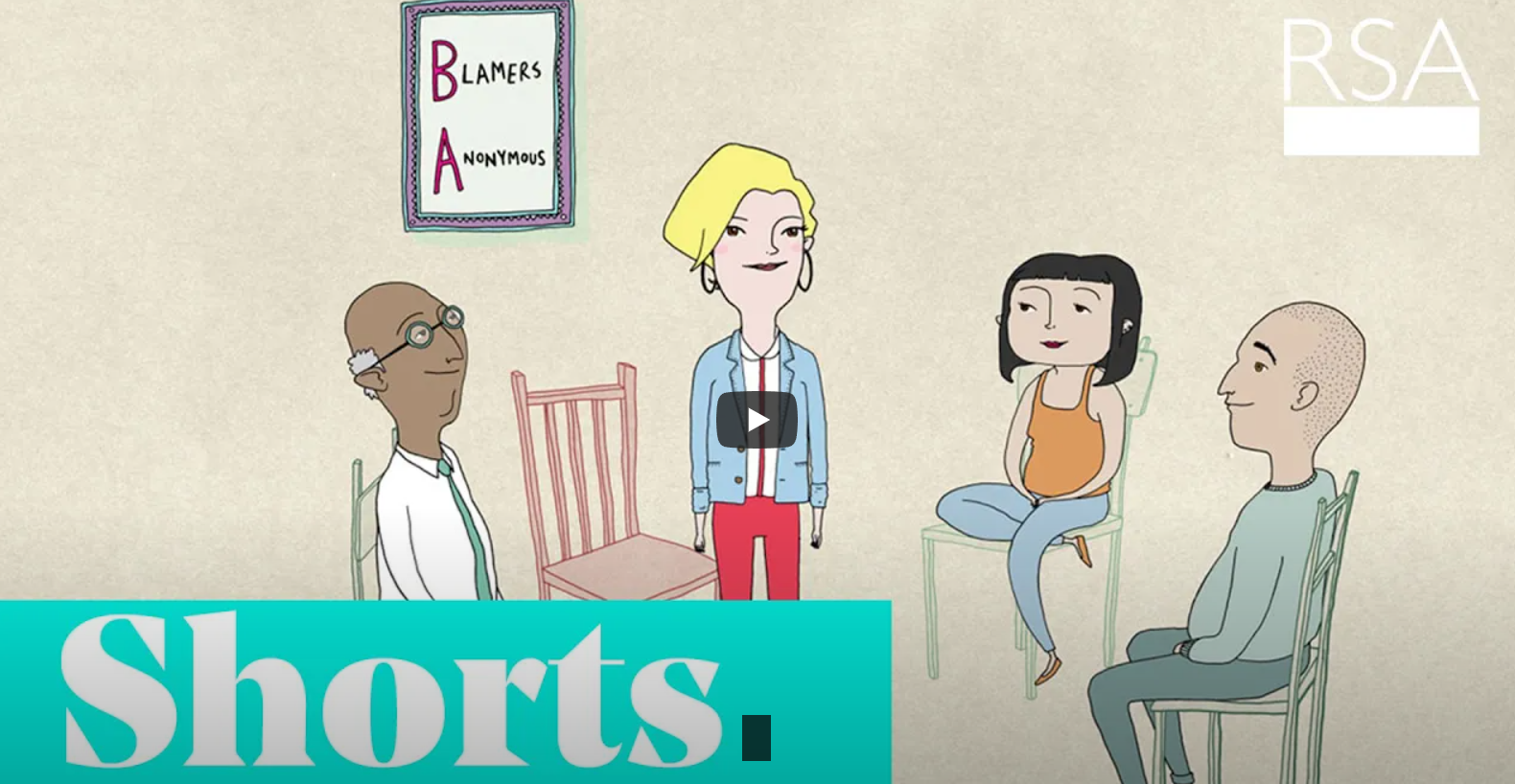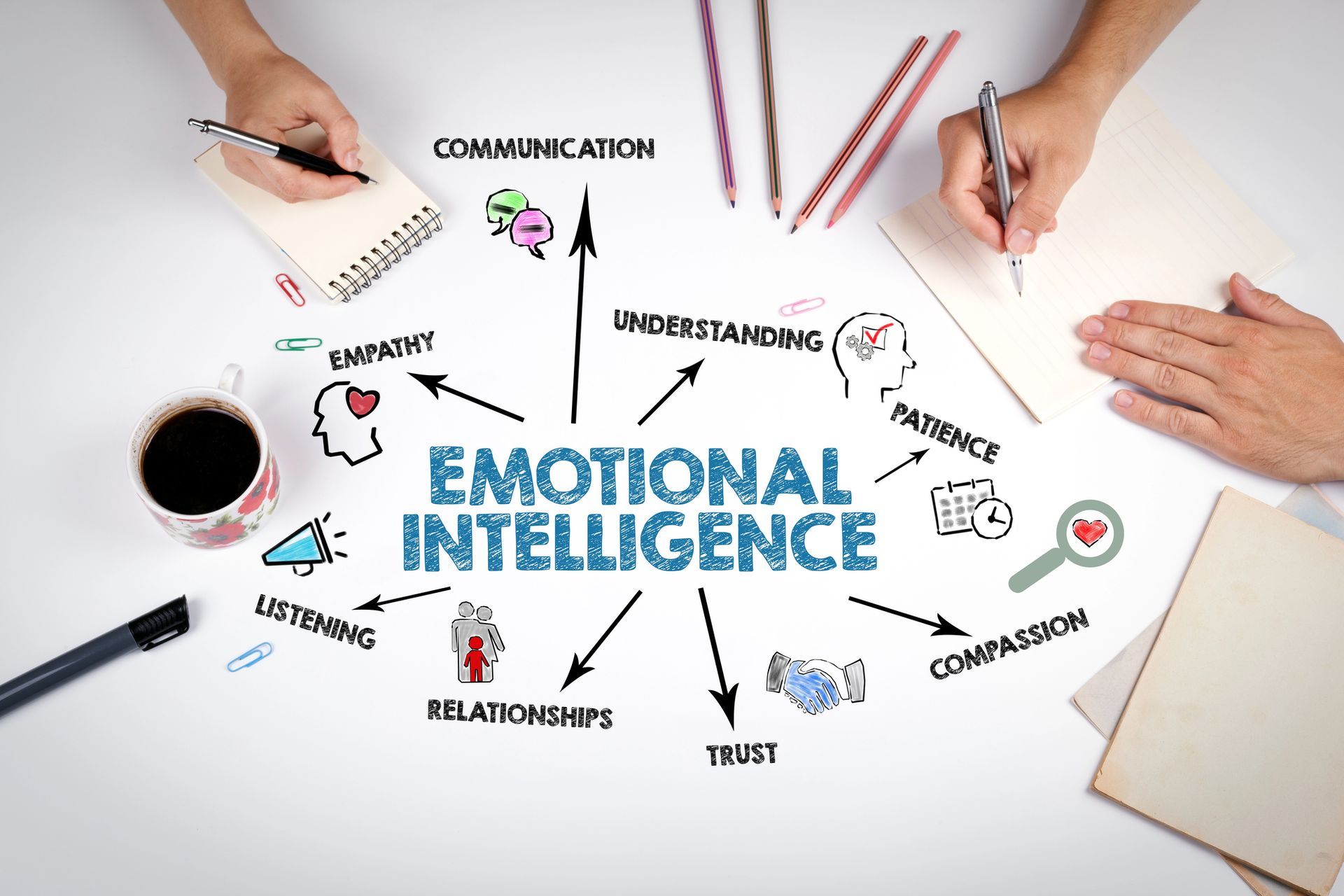It’s not what you say – it’s how you say it

Harville Hendrix author of Getting the Love You Want states that criticism is the adult form of crying.
How fitting! The tone of my voice is sharp, my pitch is high in frequency, expressing alert or danger and the words that flow out of my mouth are “You are never for me!” Instead of my partner coming to me and reassuring me with a hug
or cuddle or kind words, he negatively responds to me and turns away from me on his heels, going the other way. Our connection is ruptured and I am receiving the opposite of what I want! Internally, his distress at receiving my upset
heightens his protection mechanism automatically and moves him further away.
This is a common problem in couples. One is the pursuer and the other is the distancer. It is also a common dilemma for the sender to not know how to send a distress signal and get the comfort or response they are looking for.
So, what can I do about this? Instead of pursuing him when he turns away and pushing and prodding for more comfort and reassurance in an unhealthy way “Don’t you walk away from me when I talking to you” in an angry tone or “I hate it
when you do that”, I can step back, take a few breaths and offer kindness and softness from my voice. Expressing my desire with friendliness in my words along with a much less threatening face is the invitation for him to come closer. Moving from the “glare” to the “gaze” in the eyes will also show a sign of warmth and
friendliness.
This is how I would begin my soft approach. “I am sorry for expressing my need in a way that threatened you”.
Repairing the connection is an important part of healing the rupture in a
relationship.
Repair and acknowledgement of my behaviour and impact is disarming for him. His protective defensive guard can relax and he will be more open to hearing more of what I have to say. “I feel sad when I reach for you and I don’t see you
respond. I wish for some connection with you. Would you please give me a hug?”
This is the adult version, a less blaming approach, using sender responsibility. Stating my feelings in an “I” sentence, expressing the need, or wish and then putting forth a specific request.
This shortened approach with few sentences and an ownership of my emotions and needs makes it easier for my partner to hear me. Robert needs to feel connection from me and connection is just as important for the listener as it is for
the sender.
To grow beyond the “baby belief and expectation” that I can just make a loud emotional cry and my partner should come toward me with a cuddle or affection is a sign of maturity. We need to enhance our connection skills with our good
intentions. Remember, you have more impact than anyone else and your partner feels more vulnerable with you more than anyone else. It’s not what you say, it is how you say it!
Register for our Newsletter and receive a Free Love Chat Package
- The 5 Steps to a Better Relationship
- Ongoing Monthly Relationship Tips
- If you want more love in your life, our relationship Love Chat Package is an easy cost-free first step.


















